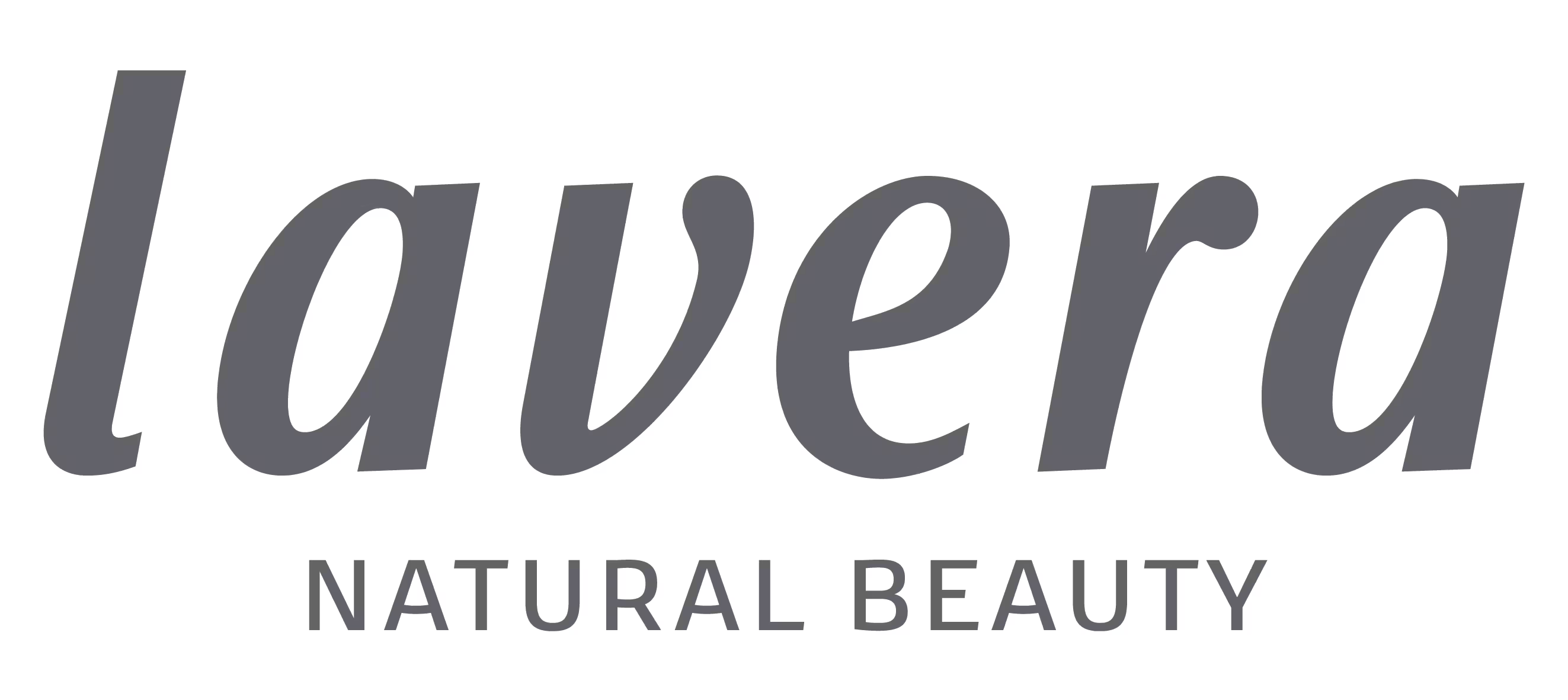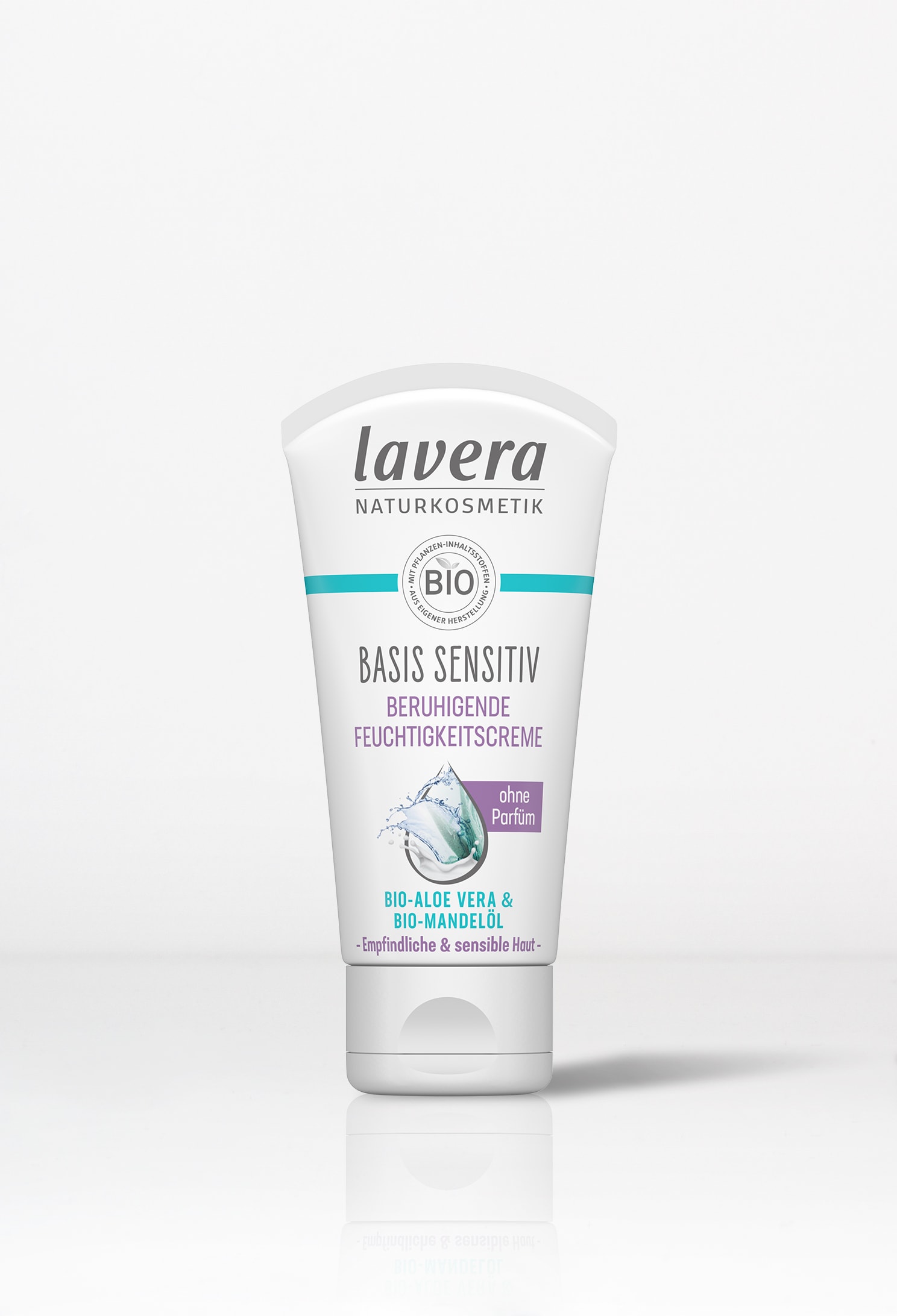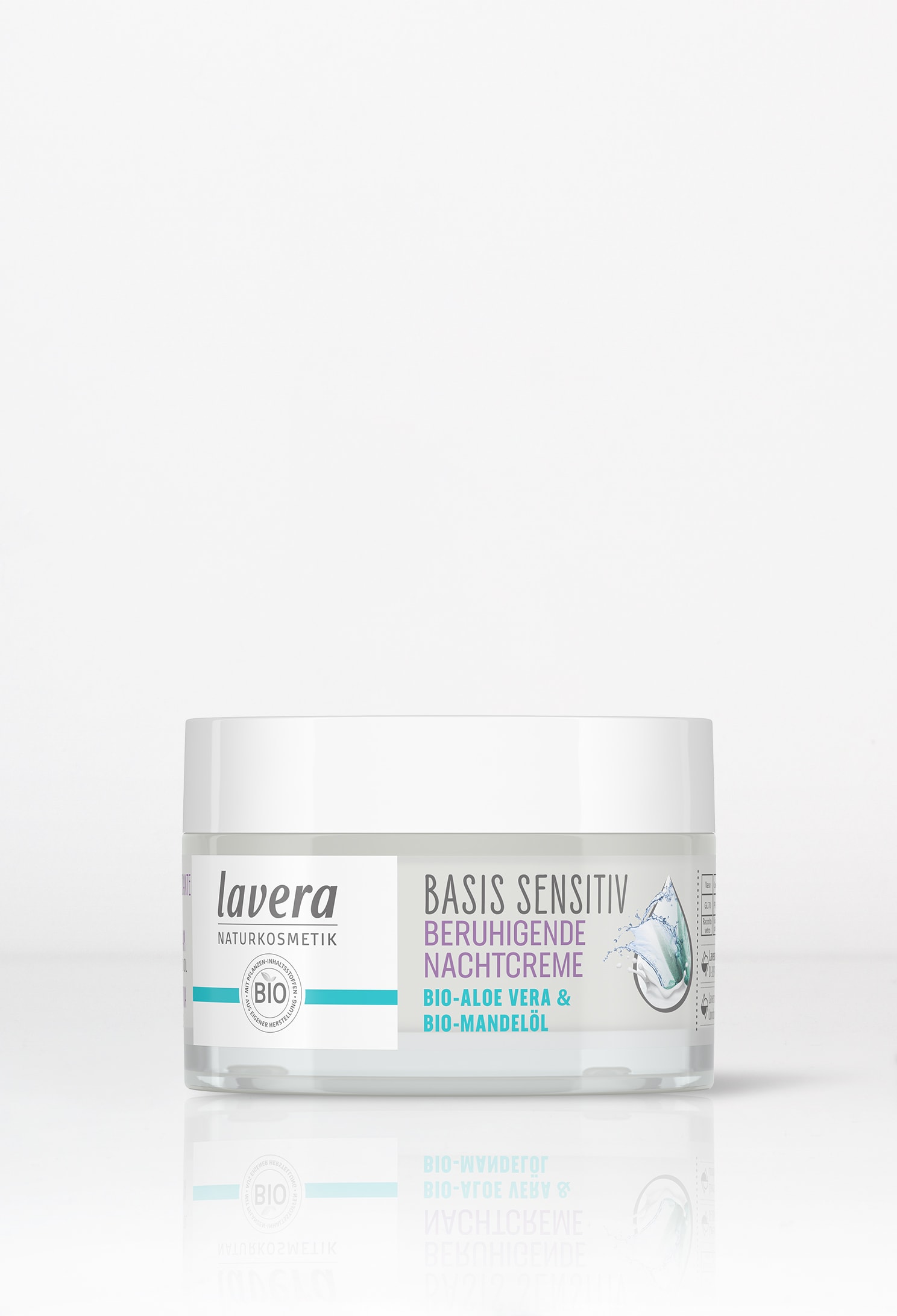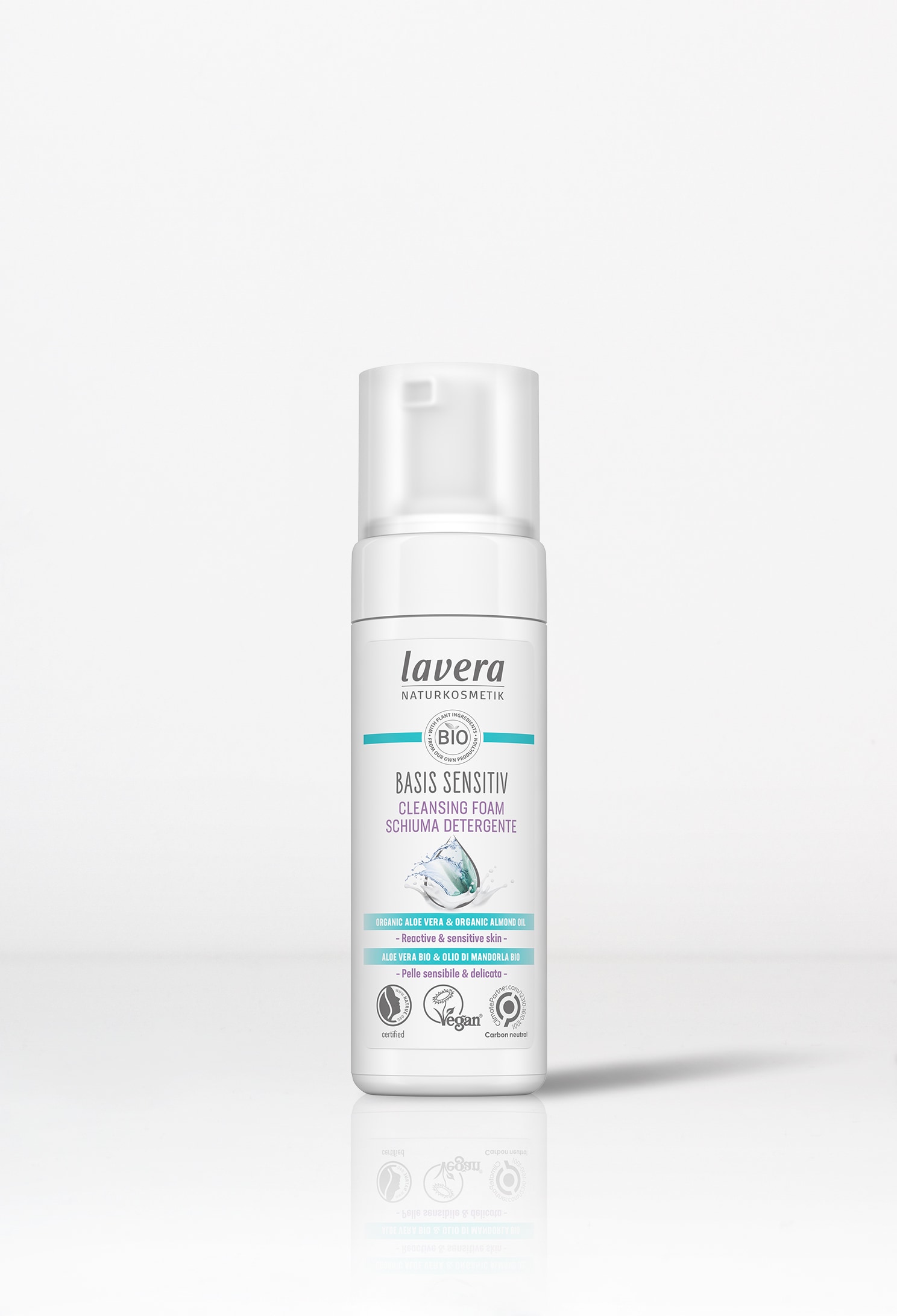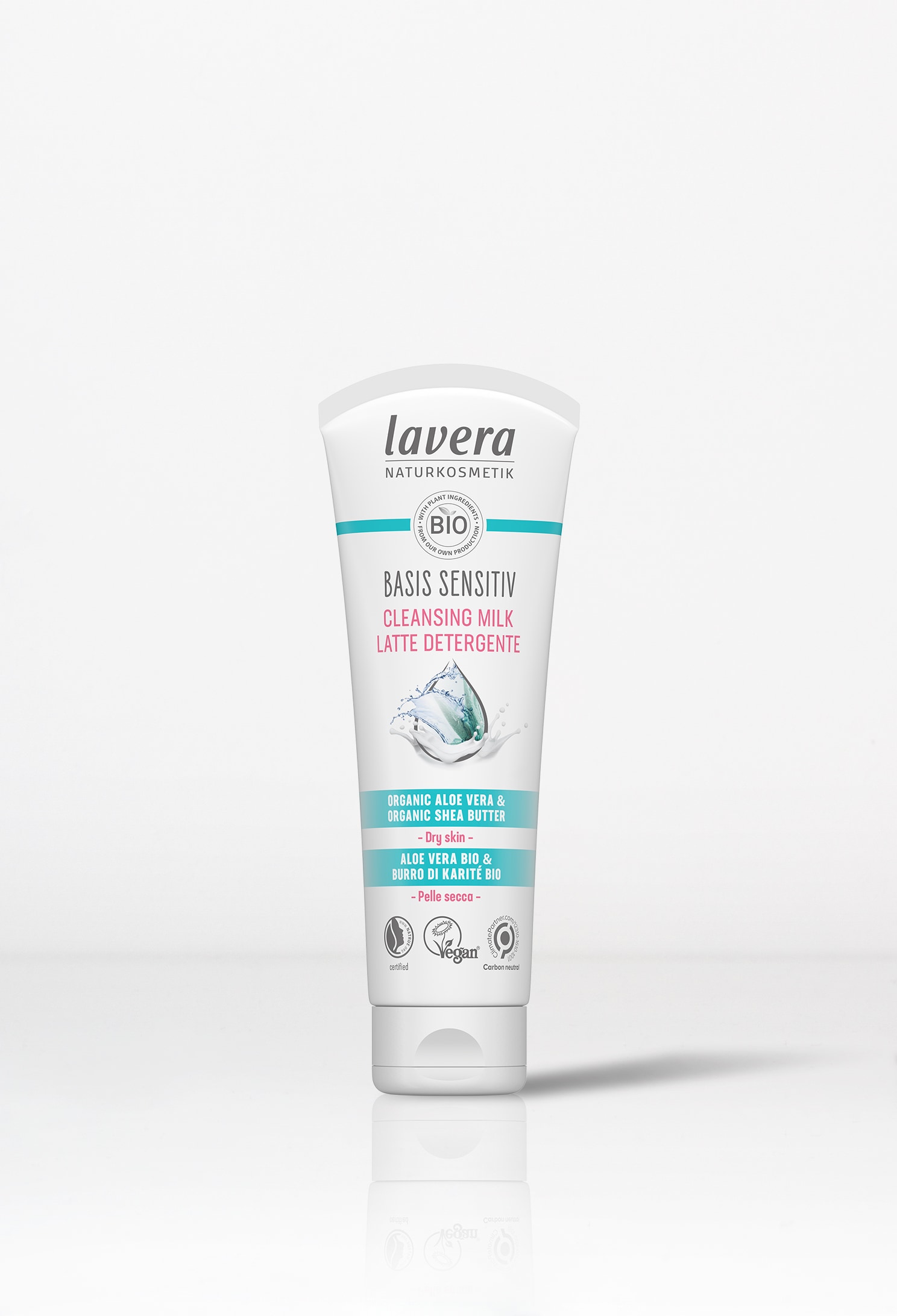Note: The content shown here is intended to be used exclusively as neutral information and for general further education. Under no circumstances is the text to be regarded as a substitute for professional advice by a doctor or a pharmacist. Nor may it be used as the basis for independently diagnosing or beginning, changing or terminating any treatment for diseases. In the event of health issues or complaints, always consult your regular doctor! Rosacea is a skin condition necessitating treatment by a doctor. We are not permitted to provide medical advice under any circumstances. We recommend that you consult your dermatologist. At best, the tips, information and recommendations provided in this contribution can accompany or supplement therapy (e.g. with medicines, light, lasers, etc.) tailored to your individual needs. Our skincare products can only help to provide support.
What is rosacea?
Rosacea is an incurable, chronic inflammatory skin condition that occurs on the face in the area of the cheeks, nose, forehead and chin. This skin change usually develops in people aged 30 and over. In Europe, an estimated 10% of the population suffer from rosacea. The initial stage of the condition is called ‘couperose’ (French for ‘copper rose’ or ‘copper pimple’). In this stage, spider veins (redness) only occur temporarily. Progressive damage can subsequently lead to an inflammatory change – rosacea. Couperose often occurs as an early form of rosacea. A doctor or dermatologist should be consulted in good time to slow down the condition’s progress.
Unlike couperose, rosacea is a continuously occurring (chronic) inflammatory facial skin condition. Above all, the fine blood vessels of the cheeks, nose, forehead and chin are enlarged in rosacea and the skin in these areas is reddened.

Rosacea: possible causes
The precise cause of rosacea has not been fully clarified as yet. Experts assume that a combination of genetic (e.g. disturbed immune system, vascular supply regulation disorders, bacterial infections) and environmentally-related factors might play a role.
Extreme temperatures, spicy food, alcohol, coffee or tea, stress, hot water and sunlight are regarded as what are called trigger factors, to which the skin reacts sensitively and which cause the condition to flare up.

Skincare for rosacea should always be gentle and calming. Skincare products* that are recommended for sensitive skin, moisturise and contain ingredients that leave the skin feeling soft without damaging its hydrolipidic barrier may generally be suitable for use with rosacea. However, cosmetics containing ingredients that restore this hydrolipidic barrier are recommended, e.g. organic almond, organic evening primrose, avocado or jojoba oil. Vitamin C is also helpful, because it is able to neutralise free radicals. The skin should be protected from the sun throughout the year with a day care product or sun cream with a sun protection factor (SPF) of 30-50+.
Ideally, the skincare products that are used should not contain any fragrances. Glycerin is another recommended ingredient, as it supplies the skin with moisture. Aloe vera moisturises, while chamomile has an anti-inflammatory effect.
In order to protect sensitive skin, it is helpful to use only mild, soap-free, pH-neutral or skin pH-neutral cleansing products to cleanse it on a daily basis.
Alcohol should be forgone as an ingredient in the care of rosacea skin, as should all forms of scrubs and cosmetics that can dry out the skin. Skincare products containing ingredients that stimulate the circulation, such as e.g. alcohol, menthol, hyaluronic acid and camphor, should be avoided. Sodium lauryl sulphate and water-resistant cosmetics should also be forgone.
lavera products for sensitive skin
You may be asking yourself whether lavera has products specifically for rosacea- or couperose-prone skin? We have no products specifically for rosacea- or couperose- prone skin in our range. We recommend that you consult your dermatologist before using new skincare products.
Rosacea: which sunscreen?
Using a suitable sunscreen is particularly important for people with rosacea. This is because it protects the skin from UV radiation, which can cause the skin condition to flare up (again) and thereby worsen the symptoms. The question is which sun cream should be used for rosacea? Instead of relying on chemical sun protection filters, you should use a sun cream with a mineral UV filter that does not irritate the skin.
Practical tips for rosacea:
- Note and avoid trigger factors that cause the condition to flare up, e.g. UV radiation, temperature changes, stress, smoking, alcohol consumption or diet
- Cleanse your face daily using a gentle cleansing product (e.g. Gentle Cleansing Milk)
- Gentle dabbing is sufficient to dry the skin off – vigorous towelling is taboo, because it additionally stimulates the circulation
- Sleep wearing cotton gloves to avoid unintentionally scratching open the affected areas during the night and therefore introducing germs
- Use sun cream with a mineral UV filter and an SPF of at least 30
- Light facial massages help to relieve swellings
- Use make-up only very sparingly or rarely
- If you would like to wear make-up, use a soft brush or sponge to apply it carefully in order to avoid mechanically irritating your skin
- Avoid water-resistant cosmetics
- Redness can be concealed using cosmetic products in shades of green
- If you have any questions or concerns regarding rosacea or couperose, ask your dermatologist for advice
Summary
Rosacea is a chronic inflammatory facial skin condition that can be caused by various factors. Affected skin is particularly sensitive and requires gentle and low-irritant skincare. Such skincare should moisturise and contain ingredients that leave the skin feeling soft and restore its hydrolipidic barrier. Aloe vera and chamomile are able to soothe irritated skin. Sun cream should offer a mineral sun protection filter and an SPF of at least 30.
Scrubs, alcohol and fragrances in cosmetics should ideally be forgone with rosacea. Ingredients that stimulate the circulation, such as e.g. camphor, should also be avoided.
** Within the meaning of the EU Cosmetics Regulation
* Note: Please note that we are not permitted to provide medical advice under any circumstances. Since rosacea is a skin condition, we recommend that you consult your dermatologist.
